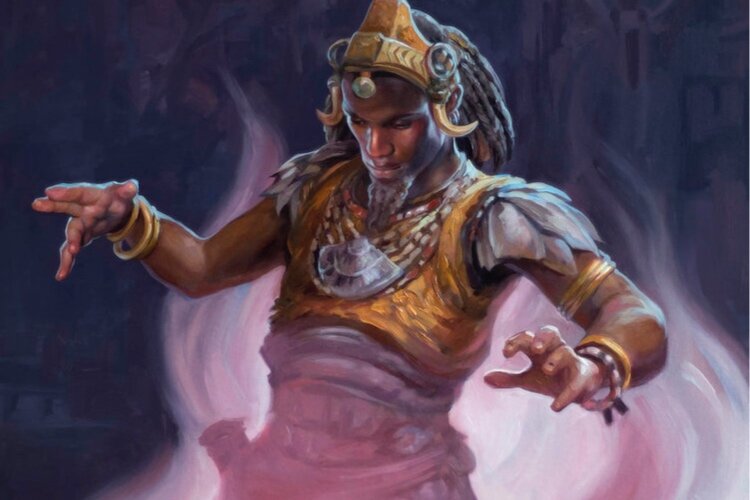Welcome to the 13th Level Up playtest document. This playtest contains a candidate for the first 10 levels of the game’s cleric class. We're nearing the end of this phase of class playtests, with only a couple left to go!

What this is
This is a playtest document. We’d love you to try out the rules presented here, and then answer the follow-up survey in a few days.
What this is not
This is NOT the final game. It’s OK if you don’t like elements of these rules; that’s the purpose of a playtest document. Be sure to participate in the follow-up survey in a few days. All data, positive or negative is useful.
What we use this for
Your survey responses help form the direction of the game as it goes through the development process.
Don’t forget!
Sign up for the mailing list for notifications of playtests, surveys, and news, and also ensure you get notified on Kickstarter when the project launches in 2021.

 www.levelup5e.com
www.levelup5e.com
When you're ready, please fill out the playtest survey here:
 us15.list-manage.com
us15.list-manage.com
What this is
This is a playtest document. We’d love you to try out the rules presented here, and then answer the follow-up survey in a few days.
What this is not
This is NOT the final game. It’s OK if you don’t like elements of these rules; that’s the purpose of a playtest document. Be sure to participate in the follow-up survey in a few days. All data, positive or negative is useful.
What we use this for
Your survey responses help form the direction of the game as it goes through the development process.
Don’t forget!
Sign up for the mailing list for notifications of playtests, surveys, and news, and also ensure you get notified on Kickstarter when the project launches in 2021.

Level Up Playtest Document #13: Cleric — Level Up: Advanced 5th Edition (A5E)
Welcome to the 13th Level Up playtest document. This playtest contains a candidate for the first 10 levels of the game’s cleric class.
When you're ready, please fill out the playtest survey here:



